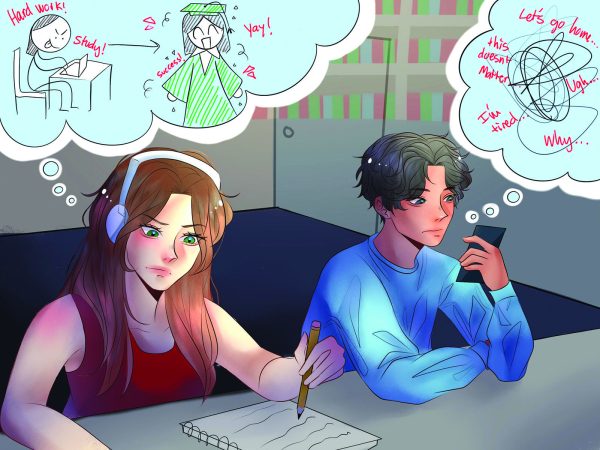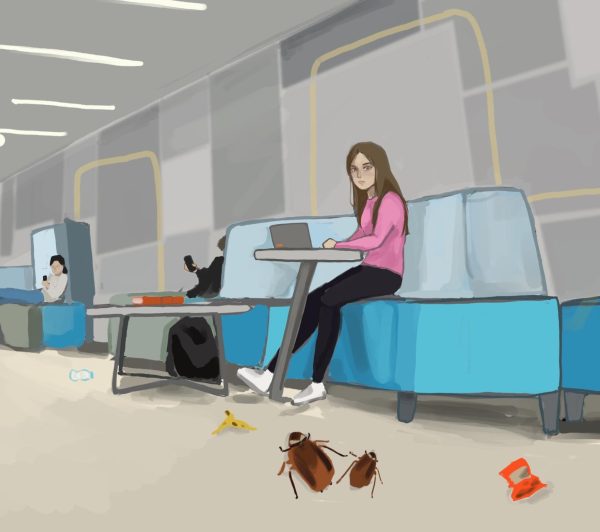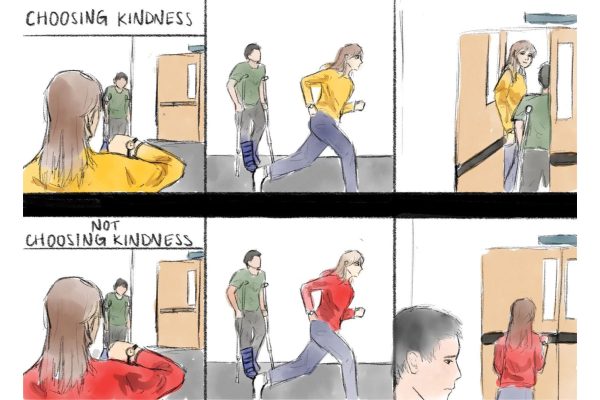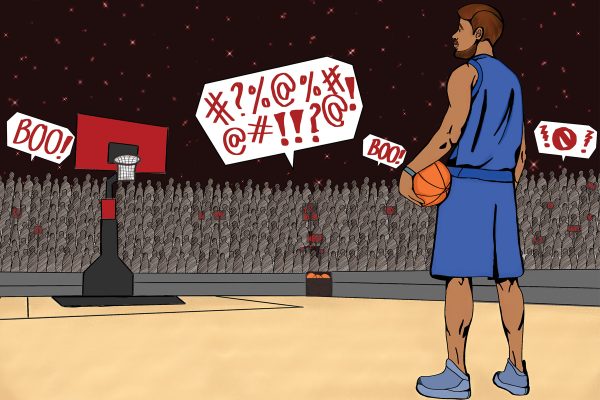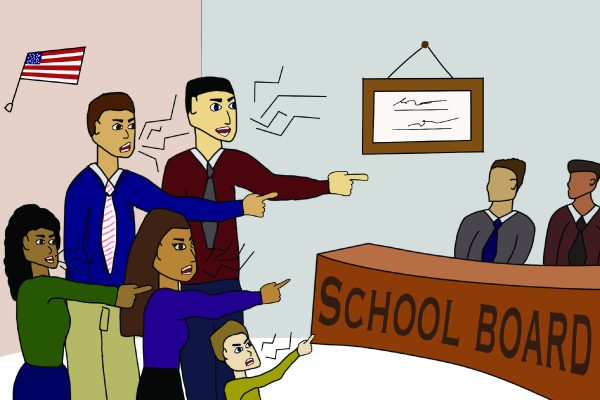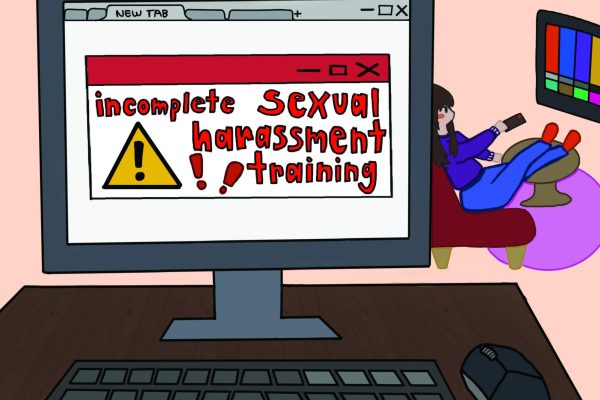To be normal or to be gay
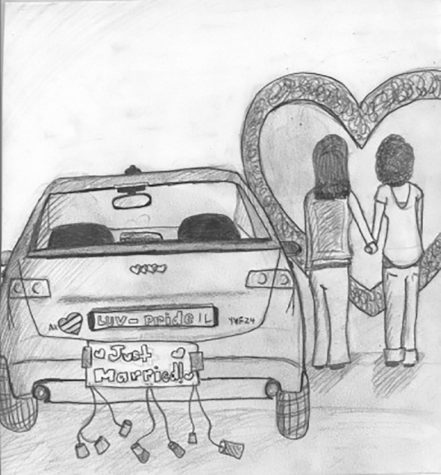 My older sister told me she was gay when I was in seventh grade.
My older sister told me she was gay when I was in seventh grade.
I was younger and less educated and therefore disappointed. To me, my sister’s homosexuality meant we would never giggle over boys together, and she would never show me how to put on makeup or how to be brave in the face of my first boyfriend-induced heartbreak. I would never be her maid of honor as she wed a handsome man. She would have to live a more difficult life than the one I would forge, because relationships do not come as easy for a girl who loves other girls.
My view on homosexuality had never been one of opposition, but I had not expected it to hit so close to home. For a short while I was dismayed by the whole situation, because if being gay meant being abnormal, then my sister had become exactly that.
But it was hard to miss the new self-assurance she exhibited upon coming out and being free as her unfeigned, authentic self. Her sexuality simply became another characteristic of the person she had always been. To me, “gay” no longer meant “unusual.” It merely became a new term to describe a loving relationship.
Although the Gay Rights Movement has progressed considerably throughout the last decade alone, homosexuality still carries a sense of irregularity. I often forget that my sister’s sexuality is still considered “atypical,” because to me it has become as normal as heterosexuality, and I’ve begun to assume others will see it in the same way.
However, when I nonchalantly mention “my sister and her girlfriend,” or somehow allude to her being lesbian without explicitly saying it, people seem unsettled. This is not to say they are against gay relationships, but rather they are not used to speaking about them in such casual terms.
Since the legalization of gay marriage in June of 2015, more and more individuals have been free to finally embrace their sexuality just as the rest of the population has always been permitted to do. They can love who they love according to the law, and that is a major step in the direction of making their livelihood become loosely defined as “normal.”
And yet many of us still point to gay couples holding hands in public and comment, “Wow, how brave of them for going out like that,” instead of simply passing over the twosome as a normal pair of partners displaying their normal fondness for one another. We still stare and commend them for their boldness, as if showing affection should be something that would take courage in the first place. That is not equality, nor is it truly acceptance.
When I see my sister and her girlfriend together, I recognize that brilliant thing between them as love. It does not have a different shape or size or color simply because it is shared by two women, and it is not by any definition unusual. Their love is as valid and normal as the love between any heterosexual couple. To point it out at all, to consider it something brave or something fascinating, is beside the entire point of equality. If we are to reach a point of equality for homosexual relationships, there will be no second thought.
When my sister told me she was gay, I thought our lives would change immensely and that I would lose pieces of our relationship. It didn’t take long for me to understand that I hadn’t really lost anything. I had simply gained a new truth and a new sense of what could be “normal.”
My sister will still laugh with me about how awful she is at putting on makeup, and she will still hold me in the face of heartbreak. I will be the maid of honor at a wedding between my sister and her future wife, and I will cheer for the absolutely normal and beautiful love they share.


